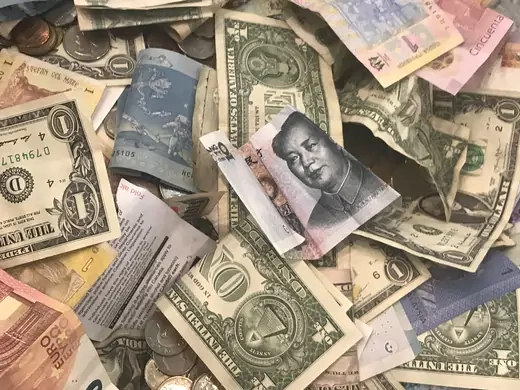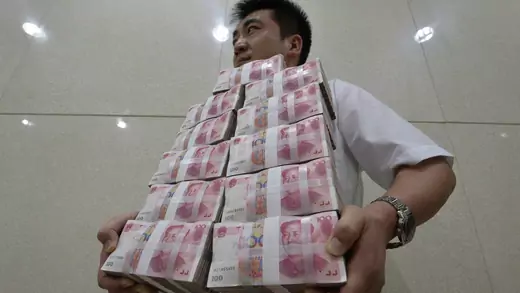- RealEcon
- Israel-Hamas
-
Topics
FeaturedInternational efforts, such as the Paris Agreement, aim to reduce greenhouse gas emissions. But experts say countries aren’t doing enough to limit dangerous global warming.
-
Regions
FeaturedIntroduction Throughout its decades of independence, Myanmar has struggled with military rule, civil war, poor governance, and widespread poverty. A military coup in February 2021 dashed hopes for…
Backgrounder by Lindsay Maizland January 31, 2022
-
Explainers
FeaturedDuring the 2020 presidential campaign, Joe Biden promised that his administration would make a “historic effort” to reduce long-running racial inequities in health. Tobacco use—the leading cause of p…
Interactive by Olivia Angelino, Thomas J. Bollyky, Elle Ruggiero and Isabella Turilli February 1, 2023 Global Health Program
-
Research & Analysis
FeaturedA clear-headed vision for the United States' role in the Middle East that highlights the changing nature of U.S. national interests and the challenges of grand strategizing at a time of profound change in the international order.
Book by Steven A. Cook June 3, 2024
-
Communities
Featured
Webinar with Carolyn Kissane and Irina A. Faskianos April 12, 2023
-
Events
FeaturedJohn Kerry discusses his work as U.S. special presidential envoy for climate, the challenges the United States faces, and the Biden administration’s priorities as it continues to address climate chan…
Virtual Event with John F. Kerry and Michael Froman March 1, 2024
- Related Sites
- More
June 26, 2018
Monetary PolicyTo minimize the risk of greater global imbalances, U.S. policymakers should rethink U.S. fiscal policy and focus on the transatlantic imbalances, not the bilateral trade deficit with China.

August 5, 2015
EconomicsSteven A. Tananbaum Senior Fellow for International Economics Robert Kahn argues that China’s request to include its currency, the renminbi (RMB), in an International Monetary Fund (IMF) currency basket, known as special drawing right (SDR), is political as much as economic in intent and effect. The inclusion would signal a milestone in China’s transition to a less-regulated economy.
July 18, 2016
RussiaSteven A. Tananbaum Senior Fellow for International Economics Robert Kahn argues that summer has seemingly brought a new optimism about the Russian economy. Russia’s economic downturn is coming to an end, and markets have outperformed amidst global turbulence. But the coming recovery is likely to be tepid, constrained by deficits and poor structural policies, and sanctions will continue to bite. Brexit-related concerns are also likely to weigh on oil prices and demand. All this suggests that Russia’s economy will have a limited capacity to respond to future shocks.
June 18, 2015
International OrganizationsSteven A. Tananbaum Senior Fellow for International Economics Robert Kahn argues that the United States should empower the International Monetary Fund and Group of Twenty to better address currency manipulation concerns.
October 19, 2016
Northeast AsiaOverview The combined savings of China, Japan, Korea, Taiwan, and the two city-states of Hong Kong and Singapore is about 40 percent of their collective GDP, a thirty-five-year high. No other regi…

 Online Store
Online Store
